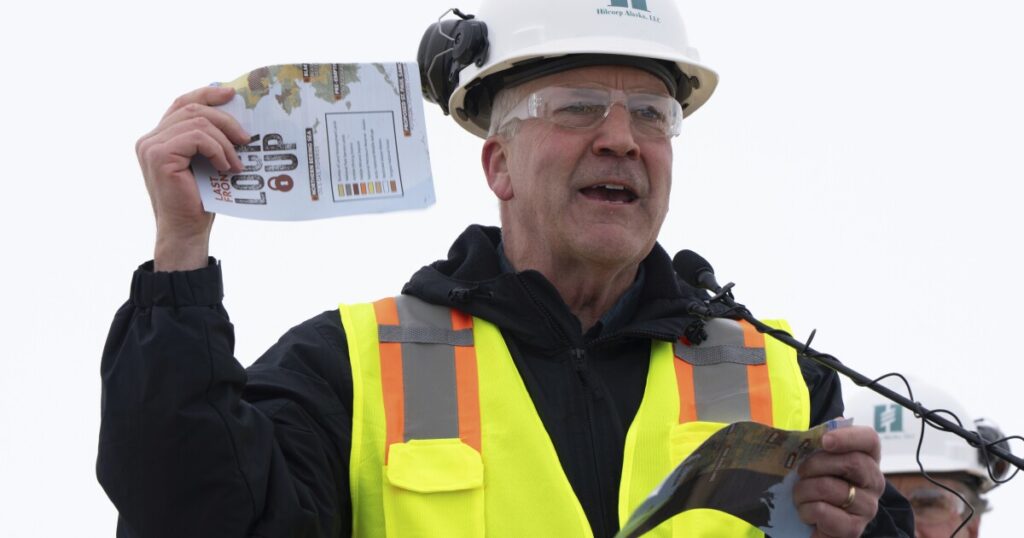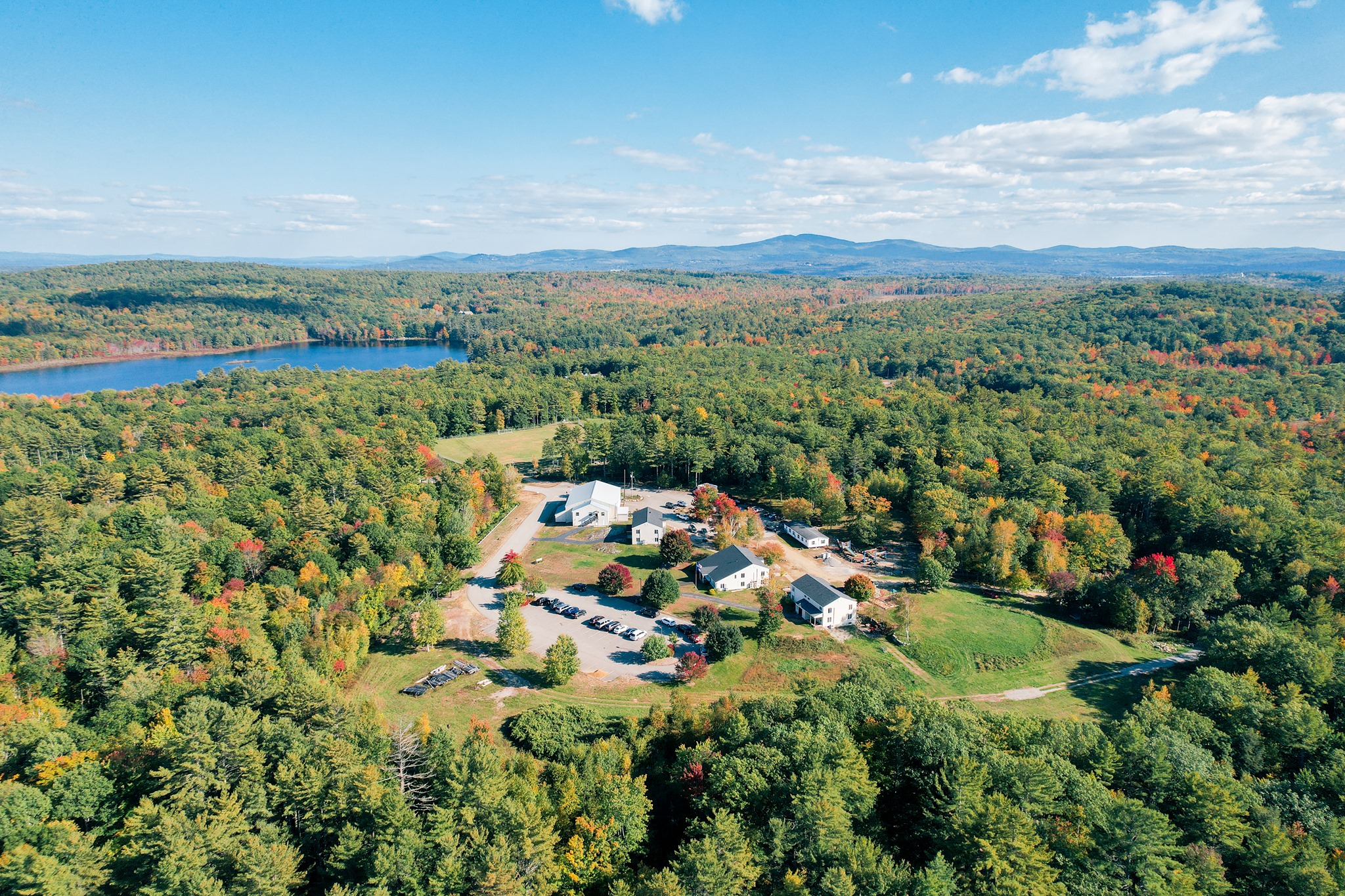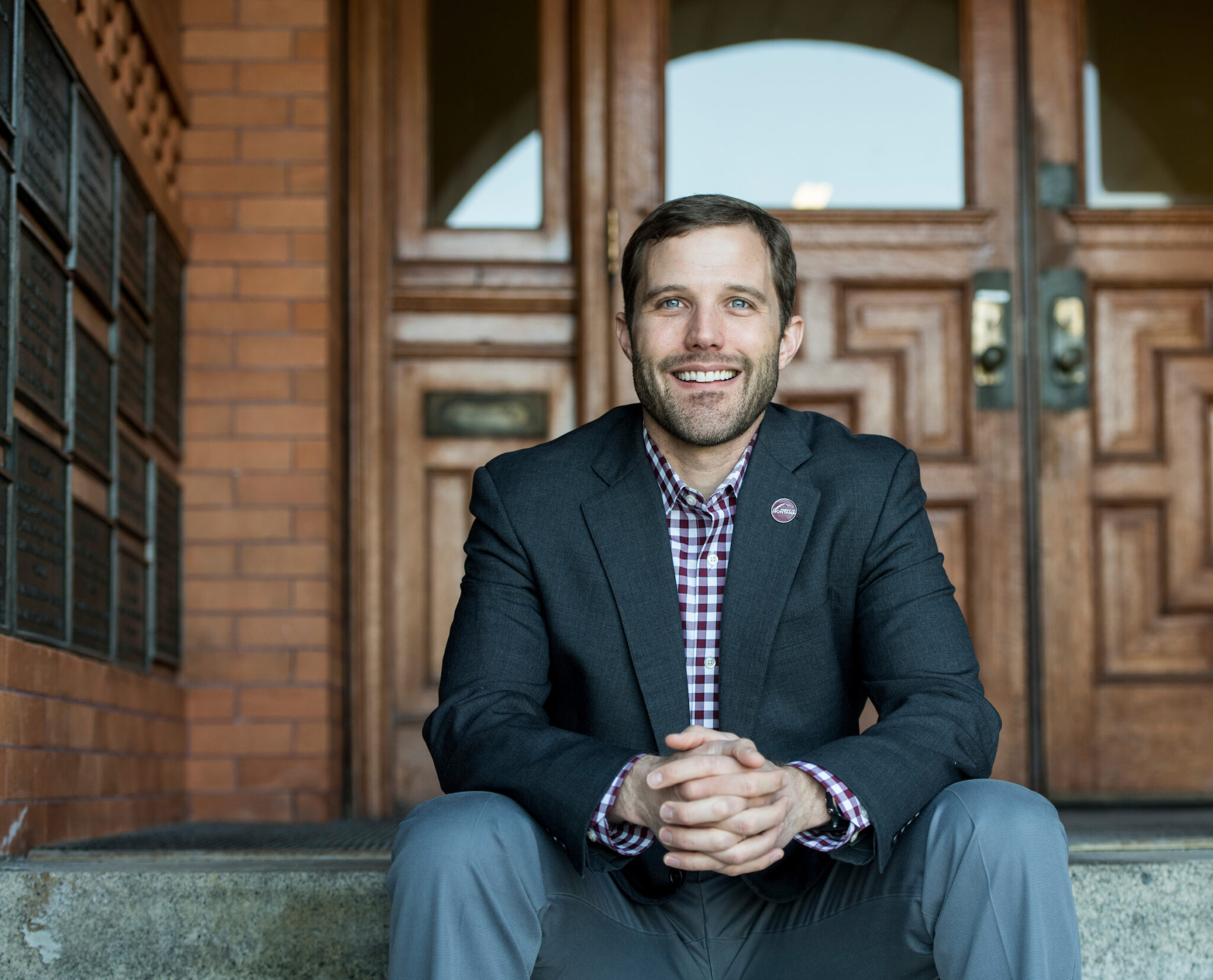The frigid expanse of Alaska’s North Slope is once again at the forefront of a significant energy debate, as the Trump administration proposes ambitious plans to expand oil production and develop a major natural gas project. U.S. Energy Secretary Chris Wright, alongside other key cabinet members, is spearheading this initiative, aiming to double the oil flow through the trans-Alaska pipeline and create a substantial new gas project.
During a visit to Prudhoe Bay, Secretary Wright, accompanied by Interior Secretary Doug Burgum and EPA Administrator Lee Zeldin, emphasized the administration’s focus on bolstering energy production. This visit, part of a multi-day tour, is designed to spotlight President Trump’s vision of increased drilling, mining, and logging in Alaska, which has attracted criticism from environmental groups.
In a significant move, the Interior Department announced plans to overturn restrictions from the Biden era on future leasing in the National Petroleum Reserve-Alaska. These areas, previously protected for their ecological and subsistence value, are now eyed for industrial development.
The trans-Alaska pipeline, a crucial economic artery for the state, stretches 800 miles (nearly 1,300 kilometers) from the industrial region of Deadhorse. Despite its historical peak at 2 million barrels a day in the 1980s, recent years have seen a decline, with last year’s throughput averaging about 465,000 barrels a day.
Accompanying the U.S. officials were representatives from Asian nations, including Japan, South Korea, Taiwan, and the Philippines. The proposed gas project, aimed at supplying gas domestically and exporting liquefied natural gas abroad, has garnered international interest. Japan’s Vice Minister for International Affairs, Matsuo Takehiko, was among the attendees at Prudhoe Bay, highlighting the global dimension of the discussions.
The proposed gas venture has long been a dream for state leaders, but financial and logistical hurdles have stalled progress. The U.S. administration sees ongoing tariff discussions with Asian countries as a potential lever to secure investments in the project.
On-site at the pipeline, Secretary Wright addressed officials and workers, stating, “You have the big two right here. Let’s double oil production, build the big, beautiful twin, and we will help energize the world and we will strengthen our country and strengthen our families.”
Joining the federal officials were U.S. Senator Dan Sullivan and Governor Mike Dunleavy, both Republicans, who also participated in discussions in Anchorage and Utqiagvik. In Utqiagvik, local Alaska Native leaders expressed support for increased drilling, contrasting their sentiments with previous feelings of neglect under the Biden administration.
Alaska’s political figures have frequently voiced concerns over federal control, as the U.S. government manages about 60% of the state’s land. Senator Lisa Murkowski, who has previously critiqued Trump, reiterated the desire for a cooperative relationship with the federal government, saying, “We want to partner with you. We want to be that equal at the table instead of an afterthought.”
Environmental advocates, however, have expressed alarm over the proposed rollback of protections in the petroleum reserve. Attorney Erik Grafe from Earthjustice criticized the administration’s focus on fossil fuels, highlighting the environmental repercussions in a region already facing climate change impacts.
The Interior Department has opened the proposed repeal for public comment, inviting feedback on this contentious issue. The Trump officials are also expected to address the state’s energy sector at Governor Dunleavy’s energy conference in Anchorage.
Copyright 2025 NPR
—
Read More Michigan News










